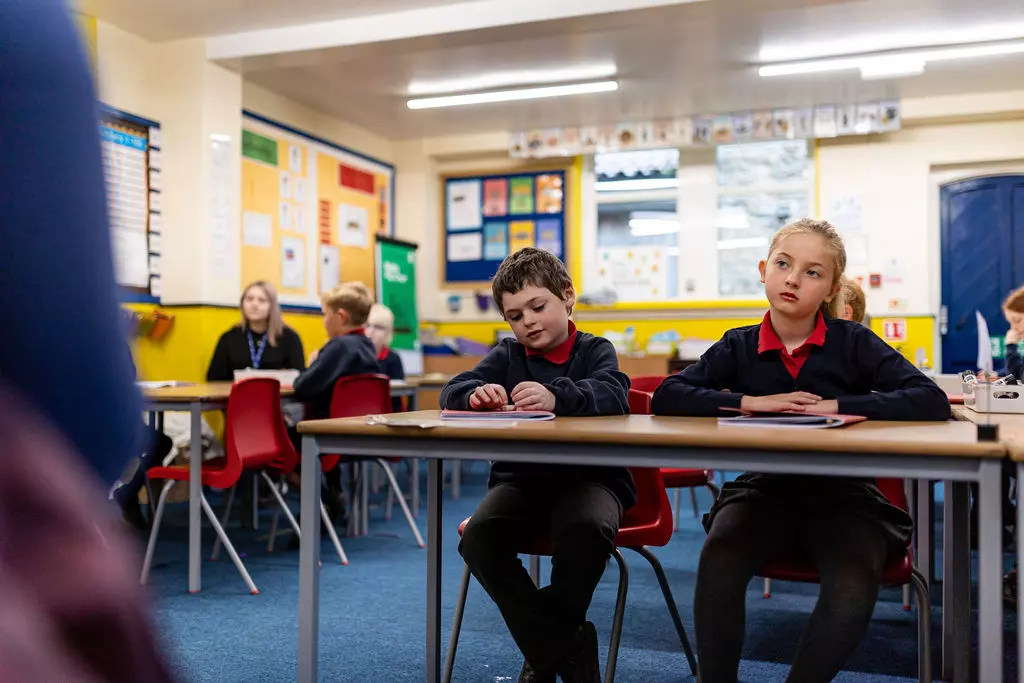We have made the decision as a school to teach French as our significant Modern Foreign Language. This is due to the curriculum composition of our secondary feeder schools; the majority of which teach French as the language children will study when first arriving into Year 7. However, we recognise that skills in MFL are transferrable and language acquisition is a skill which can be transferred – for this reason teachers may choose to teach other languages incidentally as part of our exploration of children’s cultural capital. This is particularly prominent during our ‘European Day of Language’ where they learn more about the culture and country of France.
Languages create a valuable educational, cultural and social experience for our pupils. It helps them develop communication skills in speaking, listening, reading and writing. Similarly, children are encouraged to look at patterns within language and grammar – recognising similarities with the English language and linking with their understanding of etymology and morphology. This is particularly prevalent as we recognise this as a whole school target for our pupils in English, so the experience and skills of language and vocabulary building, whatever the language, proves invaluable.
Learning a language gives children a new and broader perspective on the world and encourages them to question and understand the beliefs and cultures of others. As a small, village school in the English countryside language teaching is crucial to broadening children’s cultural capital. By the time pupils leave us at the end of Key Stage 2 they will have had the opportunity to apply their MFL learning due to a visit to France.
The MFL subject leader is Michelle Tunmore.
For further information about our MFL curriculum, please click the link below.
